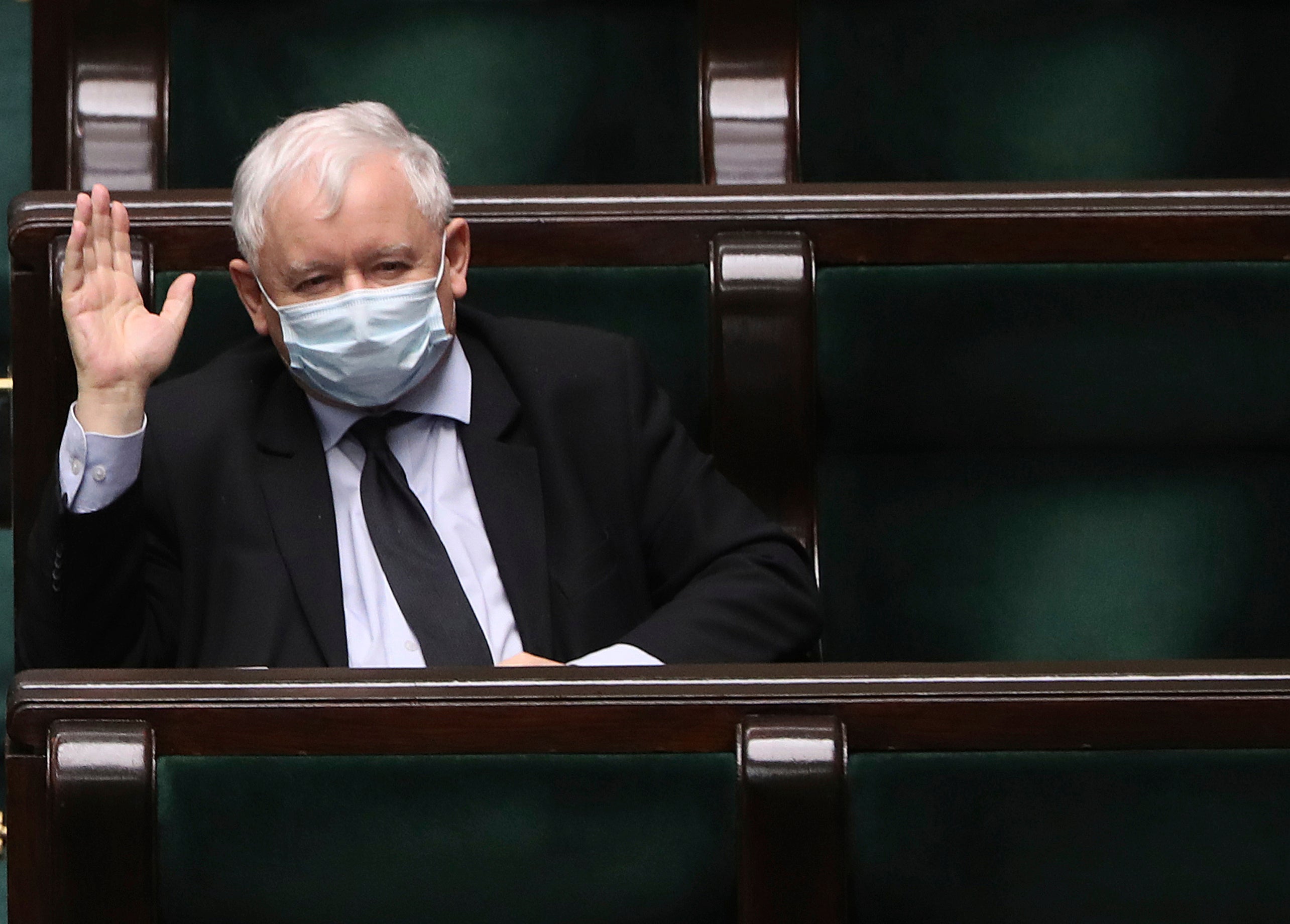Polish ruling right-wing coalition loses parliament majority
Poland’s governing right-wing coalition has lost its slim majority in parliament after three lawmakers left it criticizing government policies, mainly on phasing out coal

Your support helps us to tell the story
From reproductive rights to climate change to Big Tech, The Independent is on the ground when the story is developing. Whether it's investigating the financials of Elon Musk's pro-Trump PAC or producing our latest documentary, 'The A Word', which shines a light on the American women fighting for reproductive rights, we know how important it is to parse out the facts from the messaging.
At such a critical moment in US history, we need reporters on the ground. Your donation allows us to keep sending journalists to speak to both sides of the story.
The Independent is trusted by Americans across the entire political spectrum. And unlike many other quality news outlets, we choose not to lock Americans out of our reporting and analysis with paywalls. We believe quality journalism should be available to everyone, paid for by those who can afford it.
Your support makes all the difference.Poland’s governing right-wing coalition lost its slim majority in parliament on Friday after three lawmakers left it amid criticism over the government's decision to phase out coal as well as the country's pandemic recovery plan.
But the move is not expected to bring down Prime Minister Mateusz Morawiecki s government — in which the Law and Justice party is the strongest partner — as it can count on support from some small aligned or opposition parties in crucial votes.
A spokeswoman for Law and Justice, Anita Czerwinska, said recent votes in parliament in which opposition motions against cabinet members were rejected showed that the government has sufficient backing among lawmakers.
“We do not have a formal majority, but what really matters is how lawmakers vote,” Czerwinska said.
The coalition of the Law and Justice party and two junior partners now holds 229 out of 460 seats in parliament's lower chamber. It came to power in 2015 and also won 2019 elections, on social and conservative agenda. The government is at odds with the European Union in many fields and insists on independence of its 27 members in decision making.
Jan Grabiec, a spokesman for the main opposition Civic Platform party, said it was a “symbolic moment” when the government lost a steady majority that it held for six years.
“The government will encounter more and more problems trying to secure a majority for its laws, especially if they will be violating constitutional standards or the principles of the rule of law,” Grabiec said.
Civic Platform lawmaker Cezary Tomczyk said the party will start preparing for early elections because the “erosion and downfall of this power is taking place before our eyes.”
The departing lawmakers, Zbigniew Girzynski, Małgorzata Janowska and Arkadiusz Czartoryski, said they were frustrated over the government’s decision to phase out coal despite an election campaign pledge not to do so. Coal, which has a heavy environmental imprint, accounts for around 65% of Poland’s energy.
Girzynski said the country's post-pandemic economic recovery plan was piling all the financial burden on small businesses, as state corporations stood to benefit.
“From what I know, this sense of departure from ideals has gripped many people in Law and Justice. We encourage them to join us,” Girzynski said.
Until recently, the coalition that is on a collision course with the European Union on a number of issues from the rule of law and judicial independence to climate agenda, was able to push all its decisions through the lower house and secure backing in the Senate But its force started to degrade recently amid a power struggle and criticism over its defiance toward the EU that has weakened Poland's international standing.
Opinion polls show Law and Justice, led by Deputy Prime Minister Jaroslaw Kaczynski, still enjoys the strongest backing, mainly due to its generous bonuses to large families and pensioners and its support for traditional, national values in the predominantly Catholic nation. But it would not win a parliament majority if a snap election was held now, polls suggest.
In 2019 elections, the coalition lost its majority in the Senate where it has 49 of the total of 100 seats. The next elections are scheduled in 2023.